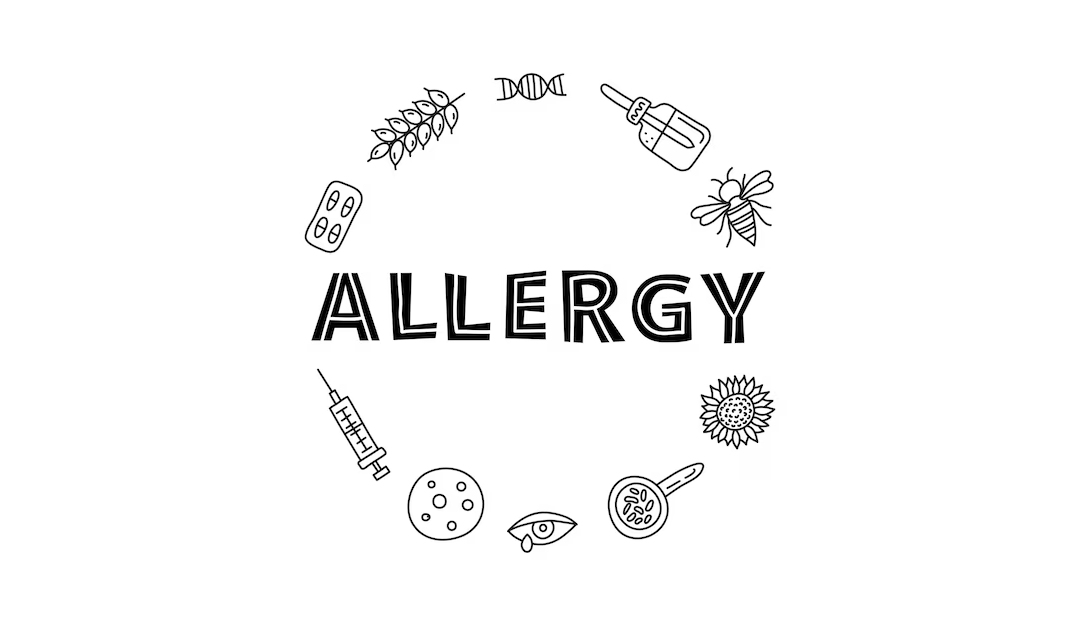A Comprehensive Guide to Understanding and Managing Allergies

Allergies develop when a person's immune system reacts to something harmless in their surroundings that is normally safe to other people. These substances, known as allergens, can be found in pets, pollen, dust mites, insects, ticks, foods, or medicines. However, if you are allergic to any of a particular substance, your body’s defense system overreacts to its presence in your body. This over-reaction may result in:
- a clogged sinus,
- a runny nose,
- watery or itchy eyes,
- headaches,
- wheezing or coughing.
At times, allergies make it difficult to deal with your daily activities or can decrease your quality of life. Mostly, using an over-the-counter medicine can help manage your allergies. But in rare cases, some allergies may even be life-threatening. So, if you are unsure regarding your health, allergy testing Houston has many clinics that will help you identify and manage your allergies effectively.
When to Consider Allergy Testing: Signs and Symptoms of Allergies
Over 31 million people in the United States have allergies, making them a public health concern. Being common, allergies can affect anyone. A person is more likely to have allergies, if his/her biological parents are already prone to it.
Food Allergies: Food allergy can arise from your body's reaction to a particular food within minutes after consuming it. Itching, either localized or widespread, nausea, vomiting, and swelling in the mouth, throat, tongue, or face are some of the symptoms which can develop. Anaphylaxis may also occur in severe situations. Adults who are allergic to milk, eggs, wheat, soy, peanuts, tree nuts, and shellfish frequently experience food allergies. On the other hand, some allergies like tree nuts, peanuts, wheat, soy, eggs, and milk are common in children.
Inhalant Allergies: Chemicals in the air are the source of inhalant allergies. Sneezing, watery or itchy eyes, a runny or stuffy nose, wheezing, and shortness of breath (if you have asthma), are among the symptoms. You might be allergic to perennial allergens all year round, such as mold, dust mites, cockroaches, and pet dander. However, seasonal allergies such as pollen from grass or trees appear at specific seasons of the year.
When to Think About Allergy Testing?
One should consider allergy testing if they are experiencing an allergy and its symptoms that are unexplained, or that you cannot control with over-the-counter allergy medicines. The test can identify allergens that will help you and your doctor come up with an effective treatment plan.
The type of allergy test you get depends on your symptoms. Here are common methods used to identify allergies:
Skin Prick Test: This is the most common test for allergies to things like dust mites, pollen, pet dander, food, and insect venom. During the test, a small amount of the allergen is pricked just below your skin, usually on your arm or back. The healthcare professional then watches for a reaction, like a bump or redness, within 15 minutes. Multiple allergens can be tested at the same time.
Intradermal Skin Test: If the skin prick test isn’t clear, your allergist might use an intradermal skin test. Here, a tiny amount of the allergen is injected just under the top layer of skin on your arm. The area is then watched for a reaction within 15 minutes, just like the prick test.
Patch Test: This test checks for allergies that cause contact dermatitis, a skin reaction that happens when you touch something. It also detects allergies to some medications. Small patches with suspected allergens are placed on your skin, usually on your back. You wear these patches for 48 hours, and then a healthcare professional checks for any irritation, like redness or bumps.
Essential Strategies for Managing Asthma
Avoiding allergens is the best defense against allergies. In addition, you can manage your symptoms and lessen your allergic response by taking daily prescription drugs from your doctor. Prevent hugging, kissing, or petting animals if you are allergic to them. They should have no place on your couch or in your bedroom. Moreover, dust, pollen, animal dander, or other allergens should be cleared from carpets, rugs, and other surfaces completely by routinely cleaning them.
Allergy testing helps identify things that trigger various types of allergic responses. Your healthcare professional will recommend the appropriate test for you depending on your symptoms and possible allergy triggers. Hence, with ample knowledge and proper management, asthma won't hold you from living a healthy life.

